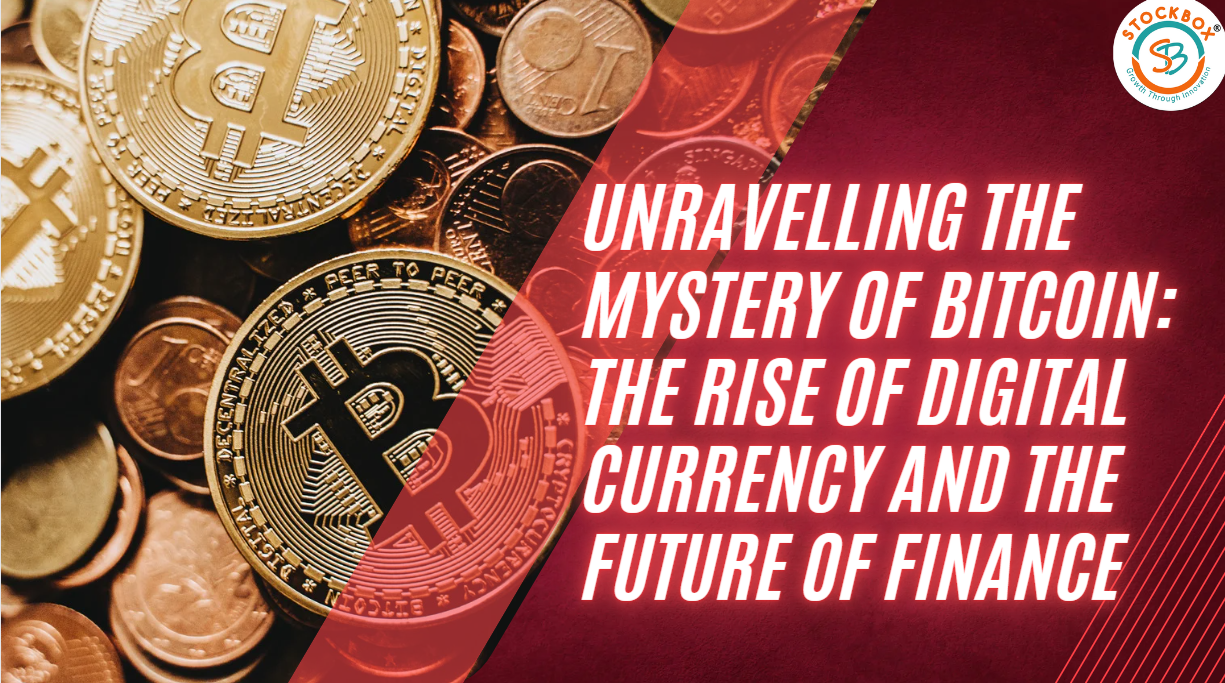Following its inception in 2009, Bitcoin has caused a stir in the financial community, and its recognition has only increased in subsequent years. The immense trading opportunities and the possibility for decentralized financial systems have enticed investors and traders to this digital currency, which is not controlled by any government or financial organization.
However, for many, the major question is what Bitcoin is and why is it worth paying attention to?
Bitcoin is fundamentally a type of digital money that employs cryptography to safeguard transactions and regulate the generation of new units. Bitcoin is decentralized, which means it functions on a peer-to-peer network, unlike conventional currencies, which are supported by governments or financial organizations.
Due to its rarity and the network’s consensus, Bitcoin holds value. Blockchain, the underlying technology, offers a transparent and impenetrable ledger that records every transaction in a safe and verifiable way.
Bitcoin’s nature of decentralisation is not governed by any single institution or centralized body but rather by a wide network of users. By participating in a process known as “mining,” this distributed network of users verifies transactions and creates new Bitcoins.
To secure the legitimacy and authenticity of transactions on the blockchain, the mining process includes solving challenging mathematical algorithms. The quantity of Bitcoins in circulation rises as a result of the reward given to miners who successfully solve the algorithm.
The fixed supply of Bitcoin is one of its main characteristics. There will never be more than 21 million Bitcoins, which guarantees both their rarity and worth. The demand for the finite number of Bitcoin is expected to rise as more people will use it in future and it becomes more widely accepted, potentially increasing its value.
Bitcoin transactions are recorded safely and transparently thanks to the blockchain technology that powers Bitcoin. The network verifies each transaction on the blockchain and records it in a way that is both transparent and tamper-proof. This increases the security and dependability of the system by making it nearly impossible to change or modify transactions.
Bitcoin does, however, come with certain concerns as well. Investors should be aware of the possibility of substantial losses because of the volatile nature of Bitcoin prices, which makes it a dangerous investment. Additionally, because it is decentralized, it is susceptible to fraud and hacking, so investors should take precautions to safeguard their money.
Despite its dangers, Bitcoin has the power to completely change the financial industry. Its decentralised structure and public ledger give financial transactions a new degree of security and integrity. Bitcoin has the ability to upend established financial systems and alter how we see money as its usage continues to rise.
In conclusion, Bitcoin is revolutionary digital money that runs on a decentralized peer-to-peer network. Blockchain, the underlying technology, offers a safe and open method of transaction recording. Although its fixed supply guarantees its scarcity and value, its volatility and susceptibility to fraud and hacking make it a risky investment. Despite its dangers, Bitcoin has the power to upend established financial structures and usher in a new era of decentralized finance.

